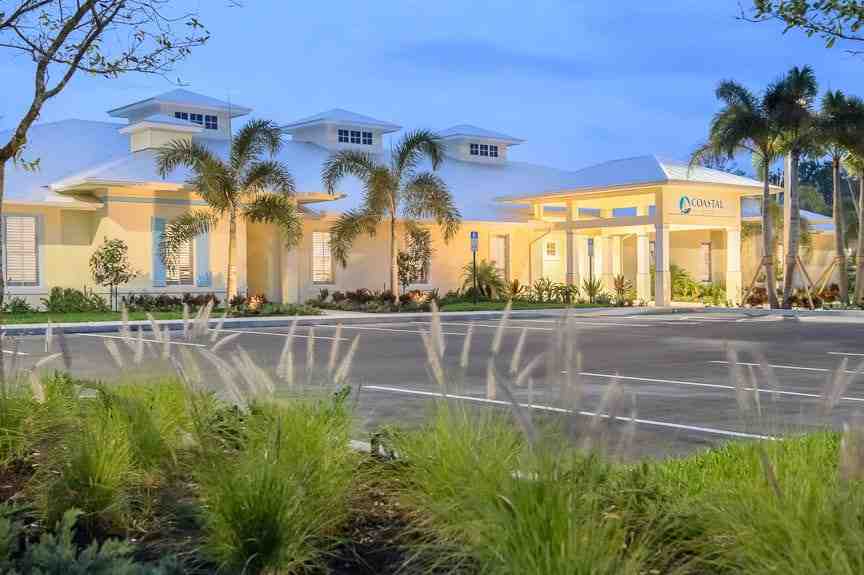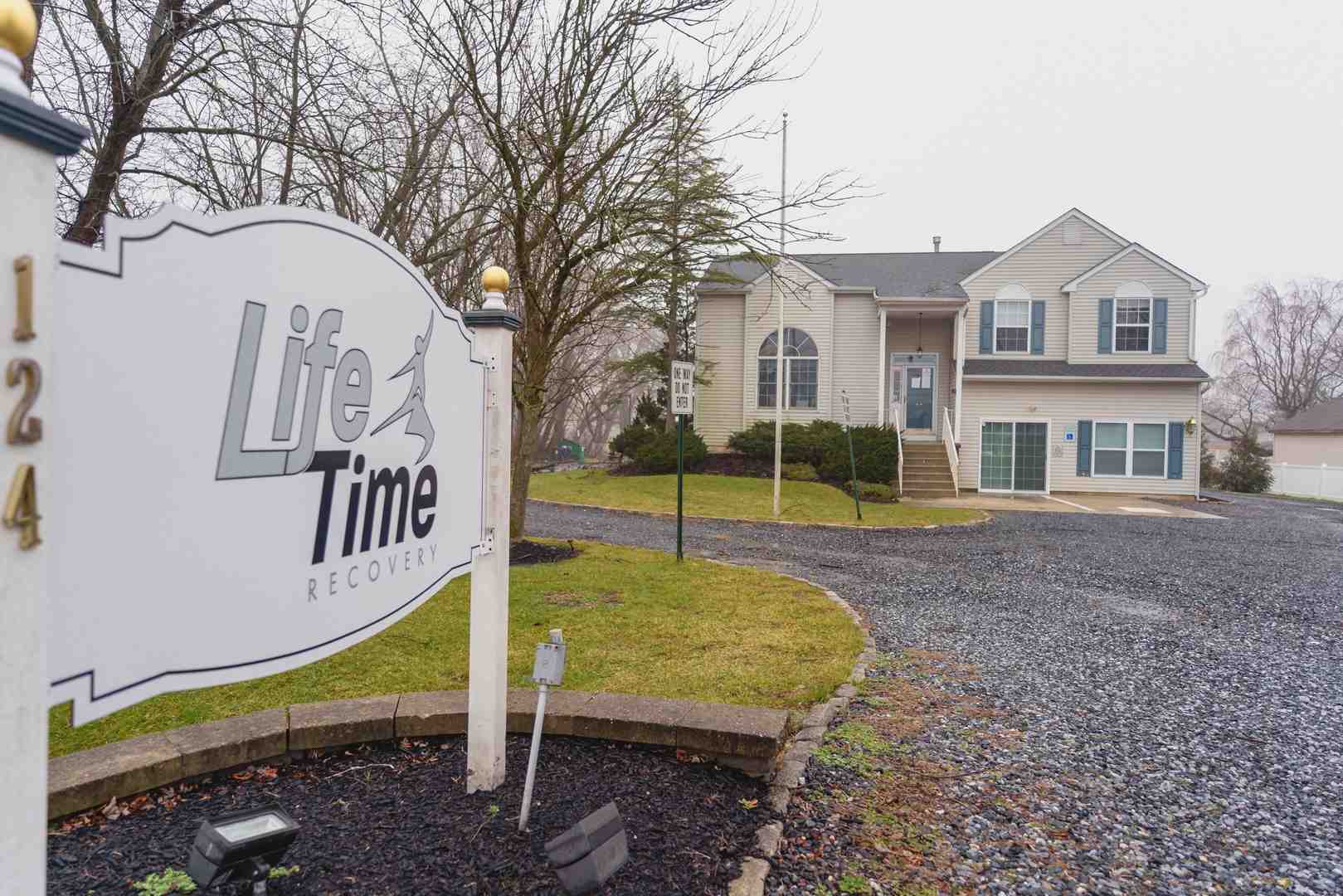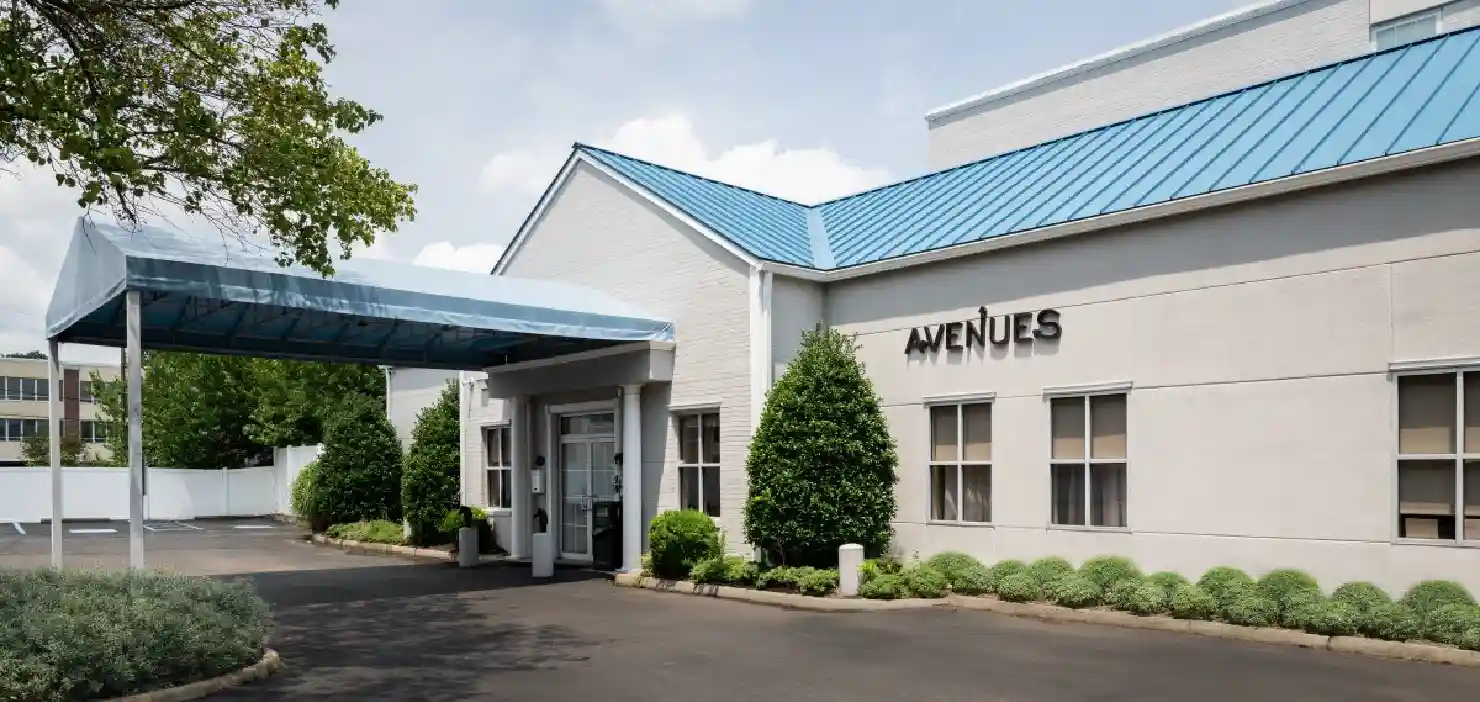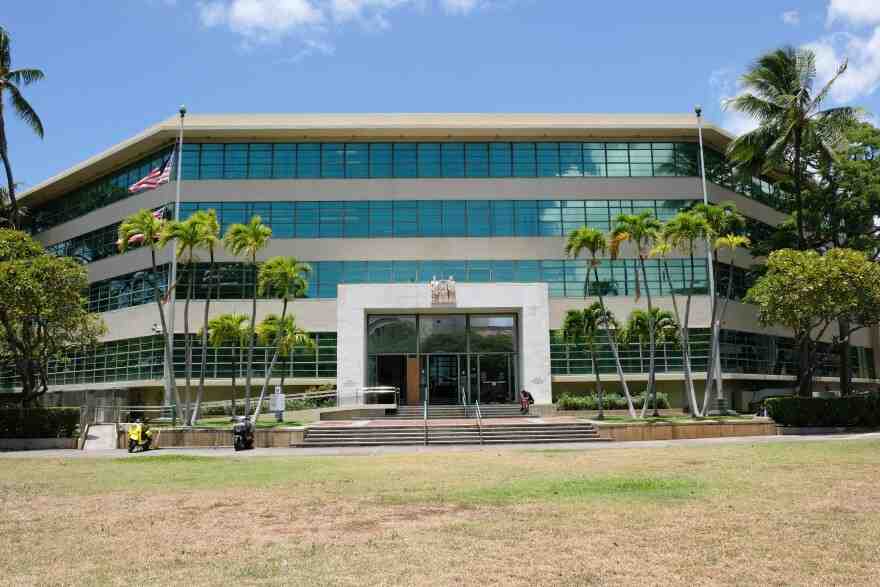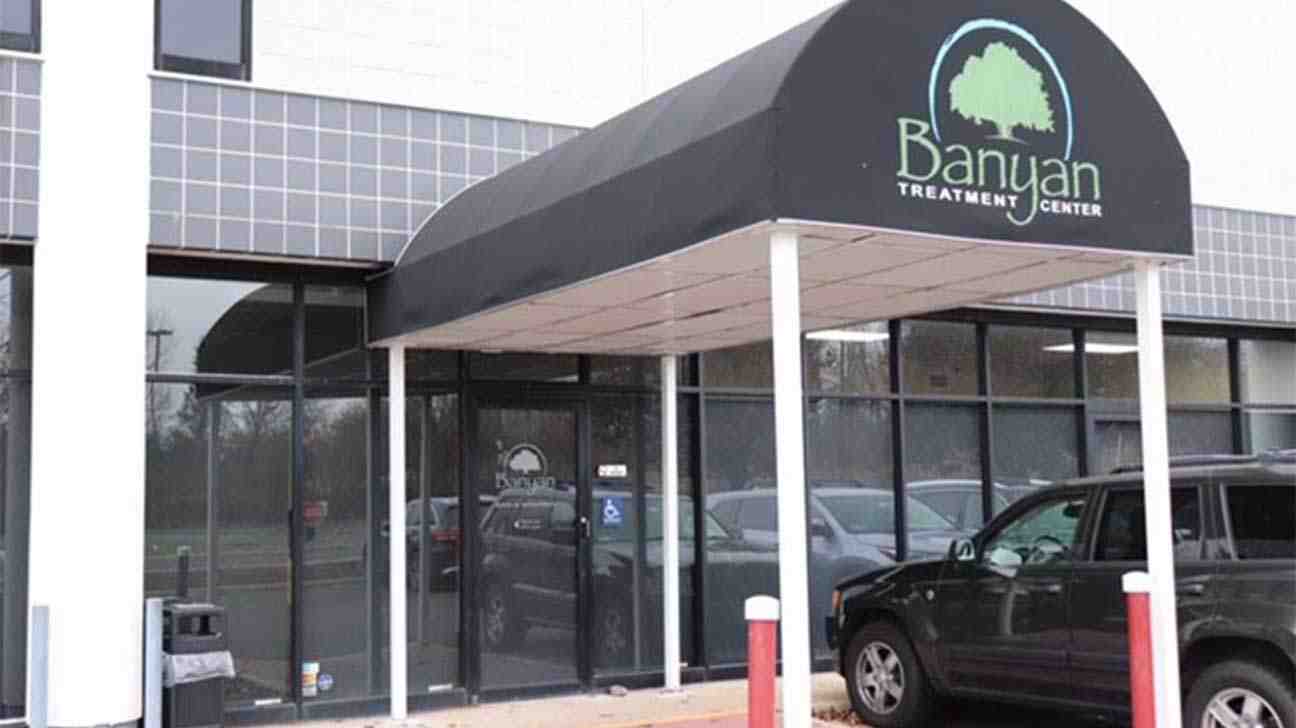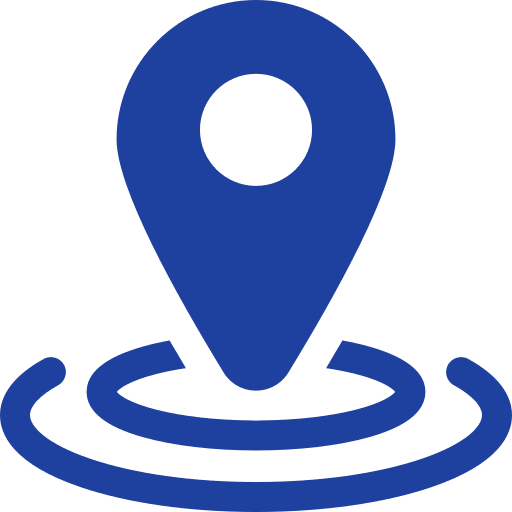
Your Path to Recovery Starts Here
Finding the right drug rehab near me can feel daunting. This listicle provides seven essential resources to navigate recovery, offering a variety of paths towards a healthier, substance-free life. We’ll explore each option with practical tips, helping you make informed decisions. Recovery is possible. Let’s explore the resources available.
This guide provides straightforward details on locating and utilizing these critical resources:
- SAMHSA National Helpline: A crucial starting point connecting you with local treatment.
- Local Hospital-Based Detox Programs: Medically supervised detox for safe withdrawal management.
- Community Health Centers: Often offer affordable or sliding-scale addiction treatment services.
- Private Outpatient Treatment Centers: Provide individualized care and therapy options.
- 12-Step and Peer Support Groups: Free and accessible support networks for sustained recovery.
- Mental Health and Addiction Clinics: Integrated care addressing co-occurring disorders.
- Faith-Based Recovery Programs: Support rooted in spiritual principles and community.
We’ll go beyond surface-level descriptions, sharing real-world insights about when each resource is most beneficial, along with potential limitations. Whether you’re seeking drug rehab near me for yourself or a loved one, this guide offers practical guidance for each step of the recovery journey.
1. SAMHSA National Helpline (1-800-662-4357)
Finding the right drug rehab near me can feel overwhelming. The SAMHSA National Helpline (1-800-662-HELP (4357)) offers a crucial first step. This free, confidential, 24/7 service, provided by the Substance Abuse and Mental Health Services Administration (SAMHSA), connects individuals with local treatment facilities, support groups, and community resources. It’s often the initial point of contact for many seeking help with substance abuse and co-occurring mental health disorders.
How the SAMHSA Helpline Works
The Helpline operates 24/7, ensuring accessibility regardless of time or location. Trained specialists answer calls, assess individual needs, and provide personalized referrals to appropriate resources. This includes connecting callers with drug rehab facilities near their location, detox centers, and mental health services. They can also provide information on payment options like sliding scale fees and insurance coverage. The Helpline serves as a guide, navigating the complex landscape of addiction treatment and support.
Examples of Success
SAMHSA’s impact is substantial. In 2022, the Helpline connected over 780,000 people to treatment. They partner with over 11,000 treatment facilities nationwide, demonstrating their extensive network. Beyond connecting individuals to treatment, they have also intervened in countless crisis situations, preventing overdoses and providing immediate support. These successes underscore the Helpline’s critical role in addressing the addiction crisis.
Tips for Using the SAMHSA Helpline
- Be Prepared: Have a pen and paper ready to jot down referral information, including names, addresses, phone numbers, and website addresses. Also, prepare any questions you may have about treatment options or payment assistance.
- Be Open: Be honest about your situation and needs. The specialists are there to help, and the more information they have, the better they can assist you.
- Ask Questions: Don’t hesitate to ask about sliding scale payment options, different types of treatment modalities, or specific program details.
- Request Multiple Options: Ask for several referrals in your area to compare programs and find the best fit.
When to Use the SAMHSA Helpline
The SAMHSA Helpline is an invaluable resource whenever you or a loved one needs help with substance abuse, regardless of the specific circumstance. Whether you’re experiencing a crisis, ready to explore treatment options, or simply seeking information, the Helpline can provide support and guidance. It’s a valuable tool for those seeking “drug rehab near me.”
The following infographic visualizes key features of the SAMHSA Helpline, highlighting its 24/7 availability, free and confidential service, and multilingual support.
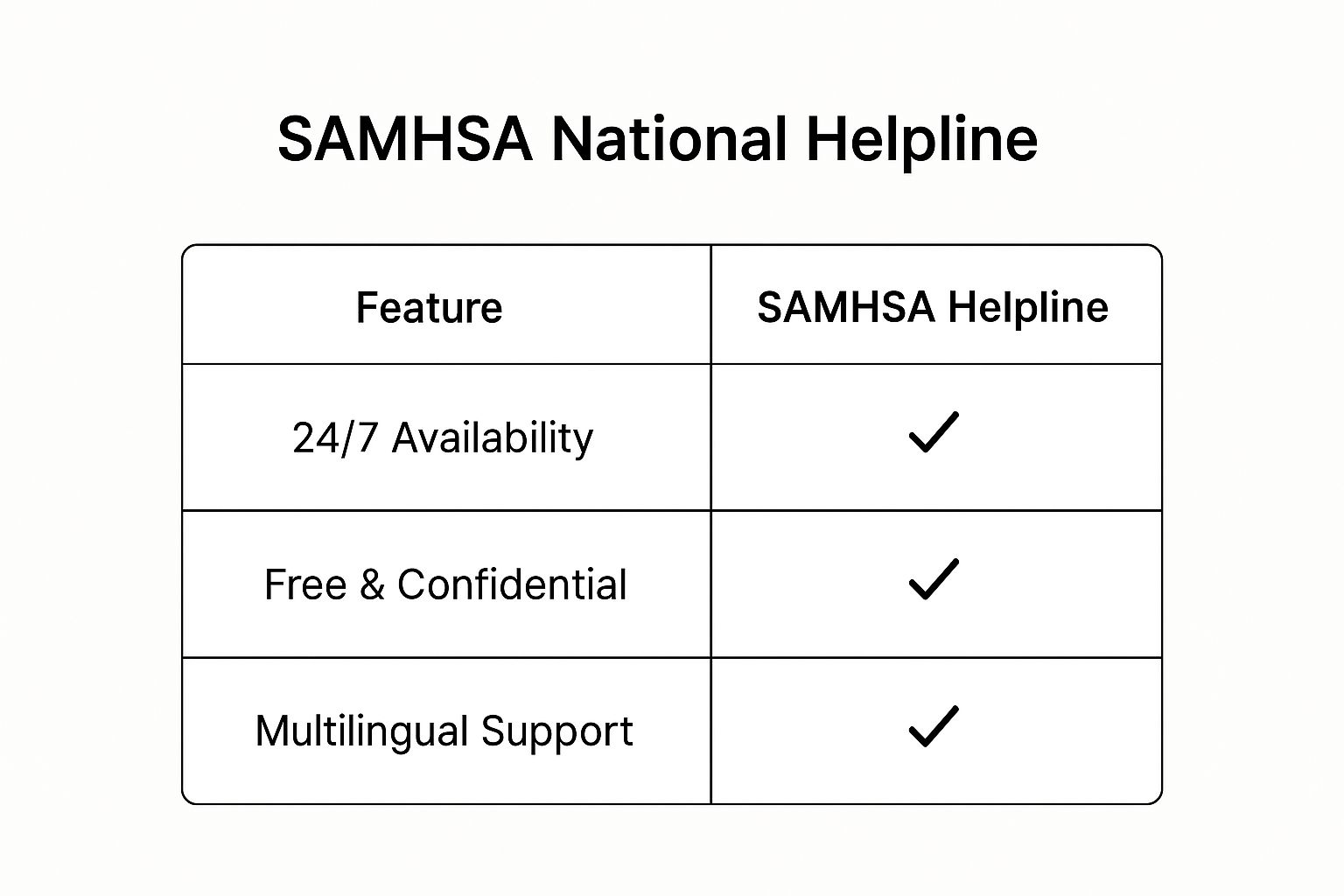
As the infographic clearly illustrates, the SAMHSA Helpline prioritizes accessibility and inclusivity with its 24/7 availability, commitment to confidentiality, and multilingual support. These features make it a vital resource for individuals seeking help, regardless of their background or circumstances. For those searching for “drug rehab near me,” the SAMHSA Helpline provides an essential starting point.
2. Local Hospital-Based Detox Programs
Finding the right drug rehab near me often begins with safe detoxification. Hospital-affiliated detoxification programs provide medically supervised withdrawal management in a secure clinical environment. These programs are typically the first step in addiction treatment, offering 24-hour medical monitoring and pharmaceutical support to manage withdrawal symptoms safely. This makes them an essential resource for those seeking “drug rehab near me” options that prioritize safety and medical oversight.
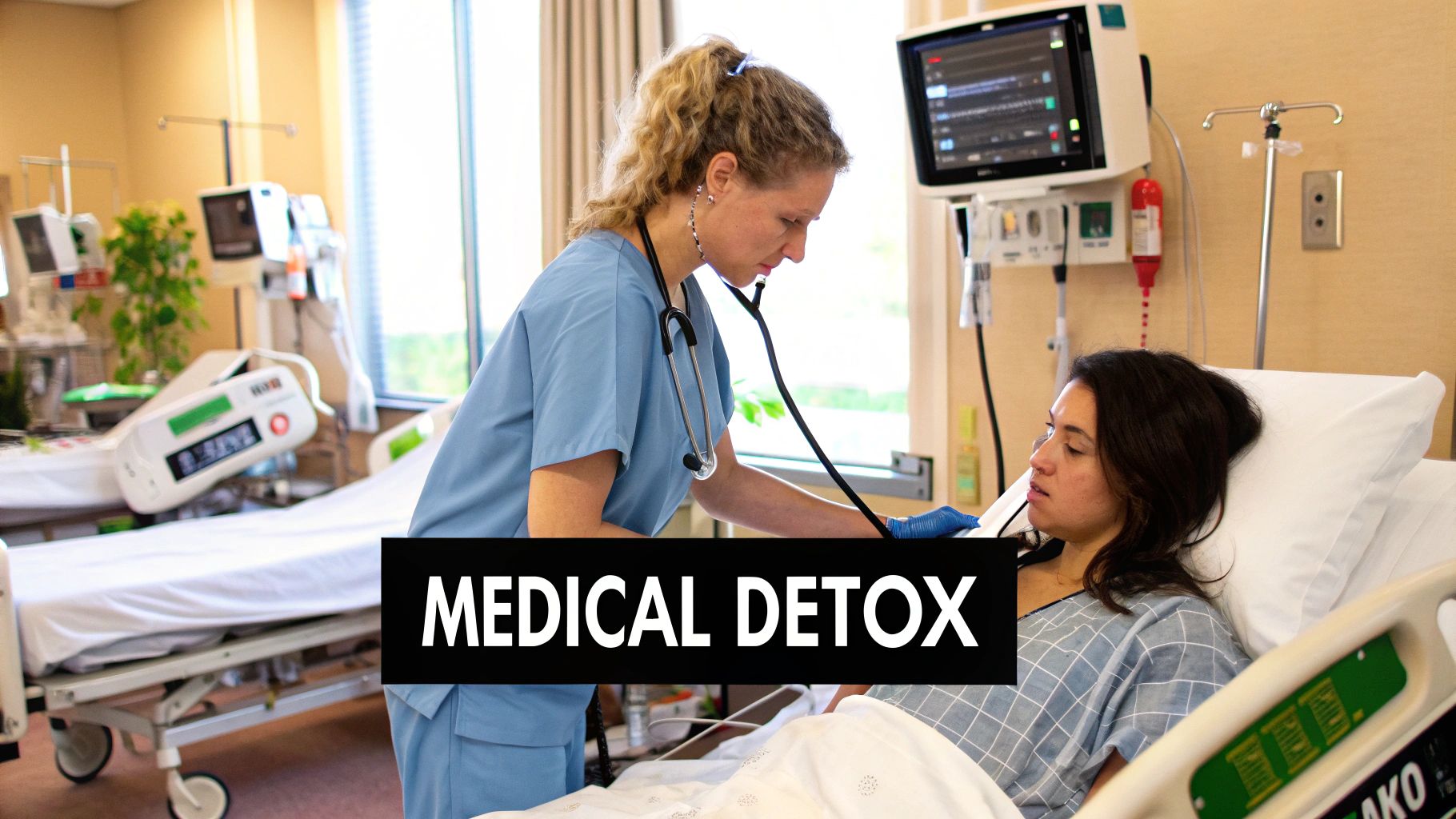
How Hospital-Based Detox Works
Hospital-based detox programs offer a structured environment where individuals can safely withdraw from substances. Medical professionals monitor vital signs, manage withdrawal symptoms with medication, and provide emotional support. This level of care is crucial for managing potentially dangerous withdrawal symptoms associated with certain substances like alcohol and opioids.
Examples of Success
Major hospital systems like the Mayo Clinic, Cleveland Clinic, and Johns Hopkins offer comprehensive addiction treatment programs that begin with hospital-based detox. These programs have demonstrated success in helping individuals safely navigate withdrawal and transition into ongoing treatment. Their integration within a larger healthcare system allows for a seamless continuum of care.
Tips for Using Hospital-Based Detox
- Contact Your Insurance: Verify coverage for detox services and understand any out-of-pocket expenses.
- Ask About Wait Times: Inquire about admission criteria and potential waitlists, as bed availability can vary.
- Prepare for Your Stay: The average stay is typically 3-7 days. Pack comfortable clothing and essential toiletries.
- Plan for Aftercare: Discuss aftercare options with the treatment team before discharge to ensure a smooth transition to ongoing recovery support.
When to Use Hospital-Based Detox
Hospital-based detox is particularly important for individuals with severe addictions, co-occurring medical conditions, or a history of complicated withdrawals. It’s also a good option for those who prefer the added security and medical oversight of a hospital setting. If you’re seeking “drug rehab near me” and prioritize medical safety during detox, a hospital-based program may be the best choice.
3. Community Health Centers
Finding the right drug rehab near me often involves considering affordability and accessibility. Federally Qualified Health Centers (FQHCs) and community health centers offer a crucial solution by providing addiction treatment services regardless of insurance status or ability to pay. These centers prioritize serving underserved populations with comprehensive healthcare, including substance abuse treatment, making them a valuable resource for those seeking “drug rehab near me.”
How Community Health Centers Work
Community health centers operate on a sliding scale fee structure, meaning the cost of treatment is adjusted based on an individual’s income. This ensures that care is affordable for everyone. These centers offer a range of services, from detoxification and medication-assisted treatment (MAT) to individual and group therapy, often integrated with primary care and mental health services. This integrated approach addresses the multifaceted nature of addiction and promotes overall well-being.
Examples of Success
The impact of community health centers is widespread. Over 1,400 such centers operate nationwide, serving more than 30 million patients annually. These centers reach individuals in both urban and rural areas, including those with limited access to healthcare. Rural health clinic networks often collaborate with community health centers to extend the reach of addiction treatment services. This broad reach demonstrates their commitment to accessible care.
Tips for Using Community Health Centers
- Apply for Sliding Scale Fees Early: Contact the center in advance to apply for a sliding scale fee adjustment. This ensures you understand the cost of treatment upfront.
- Ask About Group Therapy Options: Group therapy can provide valuable peer support and skill-building opportunities. Inquire about available groups and their focus.
- Utilize Integrated Services: Take advantage of the integrated services offered, such as primary care and mental health support. Addressing co-occurring conditions is crucial for long-term recovery.
- Build Relationships with Consistent Providers: Developing a strong relationship with your treatment team promotes trust and fosters a supportive environment.
When to Use Community Health Centers
Community health centers are an excellent resource for individuals seeking affordable and accessible “drug rehab near me.” If you lack insurance, have limited financial resources, or prefer a holistic approach to treatment, community health centers can provide the necessary support and care. They are especially beneficial for individuals in underserved communities and those with co-occurring medical or mental health conditions.
Call Now – Your Journey to Recovery Begins Today!

Take the first step towards a healthier life! Call now to connect with our compassionate team and start your recovery journey today. Your path to healing awaits!
Our recovery specialists are available 24/7 to provide support, and all calls are confidential and free. Reach out anytime – we’re here to help!
4. Private Outpatient Treatment Centers
Finding the right drug rehab near me often involves balancing treatment needs with daily life. Private outpatient treatment centers offer a flexible approach, allowing individuals to receive intensive addiction treatment while maintaining work, school, and family responsibilities. These centers provide structured programs with various therapeutic modalities, including individual counseling, group therapy, and family therapy. This makes them a viable option for those seeking a balance between treatment and daily life.
How Private Outpatient Treatment Works
Private outpatient programs offer a range of services tailored to individual needs. Typically, clients attend scheduled therapy sessions several times a week. These sessions can include individual counseling to address underlying issues, group therapy to build support and coping skills, and family therapy to repair relationships and improve communication. The flexible scheduling options allow individuals to continue their daily routines while actively engaging in their recovery journey.
Examples of Success
Many individuals have found success through private outpatient treatment. American Addiction Centers, with locations across the country, offers comprehensive outpatient programs. Phoenix House also provides outpatient services focusing on individualized care and long-term recovery support. Local behavioral health clinics often provide outpatient treatment as well, catering to specific community needs. These facilities and countless others demonstrate the effectiveness of private outpatient programs in helping people achieve sobriety.
Tips for Choosing a Private Outpatient Center
- Research Accreditation Status: Look for facilities accredited by reputable organizations like the Joint Commission or CARF International, indicating adherence to high-quality standards.
- Ask About Success Rates: Inquire about program completion rates and long-term sobriety outcomes to gauge the program’s effectiveness.
- Verify Insurance Coverage: Contact your insurance provider to understand your coverage for outpatient treatment and any potential out-of-pocket expenses.
- Tour Facilities Before Committing: Visiting potential facilities allows you to assess the environment, meet staff, and get a feel for the program’s culture.
When to Consider Private Outpatient Treatment
Private outpatient treatment is an excellent option for individuals who require structured treatment but cannot commit to residential care. It’s particularly beneficial for those with strong support systems, stable living environments, and the motivation to engage in treatment while maintaining their daily responsibilities. If you’re looking for “drug rehab near me” that offers flexibility and allows you to continue working or attending school, private outpatient treatment may be the ideal choice. It is important to consult with a healthcare professional to determine if this level of care is appropriate for your specific needs.
5. 12-Step and Peer Support Groups
Finding the right drug rehab near me often involves a multifaceted approach. Community-based peer support groups, such as Alcoholics Anonymous (AA) and Narcotics Anonymous (NA), offer a crucial element of long-term recovery. These groups provide free, ongoing support through shared experiences and structured programs. They meet regularly in various community locations, forming the backbone of many recovery networks and providing essential support for those seeking “drug rehab near me.”
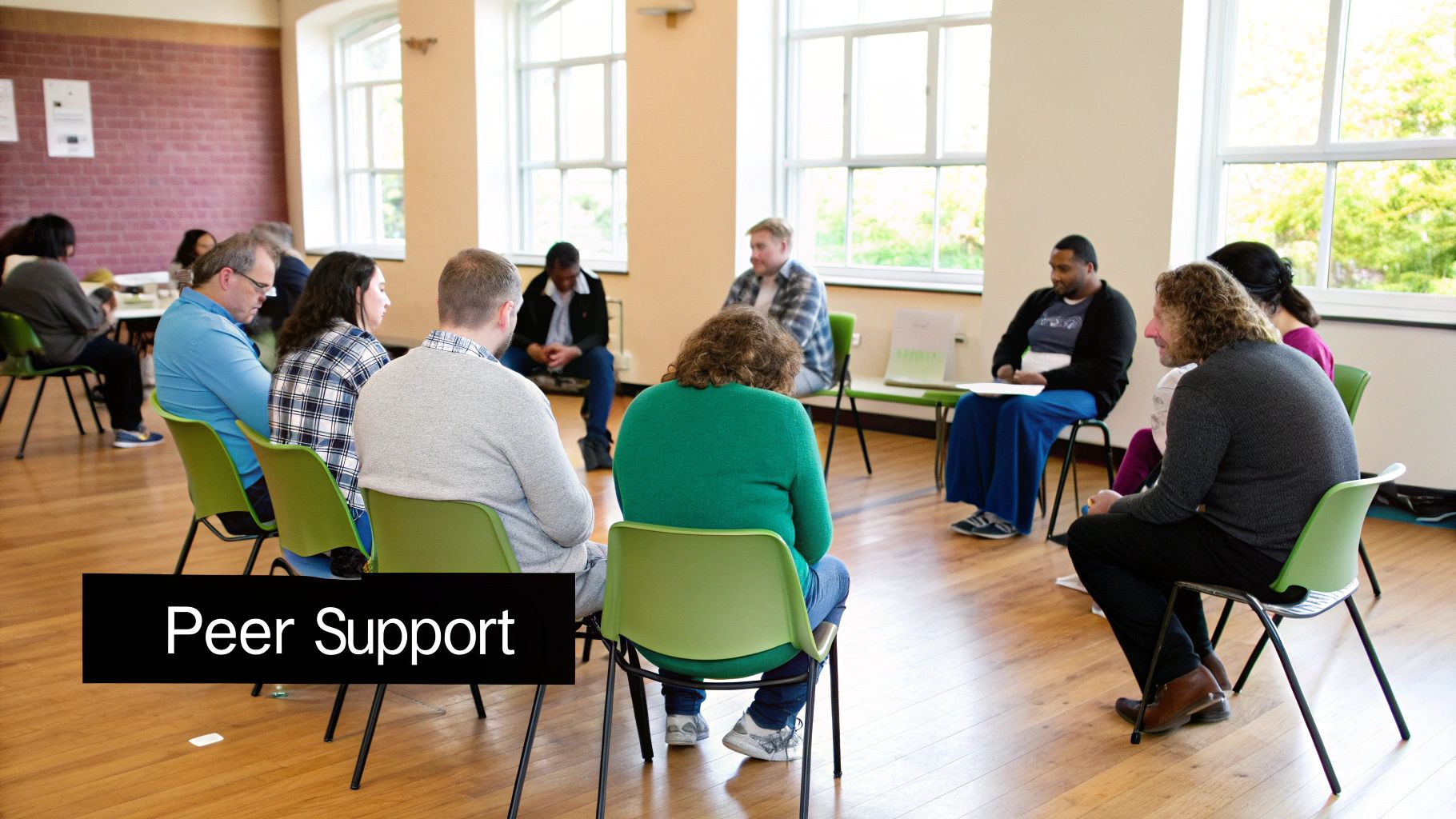
How 12-Step and Peer Support Groups Work
12-step programs, like AA and NA, follow a structured set of principles outlining a path to recovery. Meetings typically involve sharing personal experiences, discussing challenges, and offering mutual support. The emphasis is on fellowship, accountability, and working through the steps with the guidance of a sponsor – a more experienced member who offers mentorship. These programs emphasize the importance of community in sustaining sobriety.
Examples of Success
The impact of 12-step programs is widespread. AA, for instance, boasts over 118,000 groups worldwide. NA has a presence in 139 countries, demonstrating the global reach of these programs. Countless individuals attribute their long-term recovery to the support and structure these groups provide. Their success lies in the power of shared experience and mutual support.
Tips for Using 12-Step and Peer Support Groups
- Find the Right Fit: Try attending different meetings and groups to find one where you feel comfortable and connected.
- Get a Sponsor: Connecting with a sponsor provides valuable guidance and support as you navigate the steps.
- Attend Regularly: Consistent attendance helps build a strong support network and reinforces recovery principles.
- Active Participation: Sharing your experiences and actively listening to others strengthens the sense of community and mutual support.
When to Use 12-Step and Peer Support Groups
12-step and peer support groups are especially valuable as a complement to other forms of treatment, such as inpatient or outpatient rehab. They provide a vital ongoing support system, crucial for maintaining sobriety in the long term. These groups are a free and readily available resource for anyone seeking “drug rehab near me” and needing ongoing support throughout their recovery journey.
6. Mental Health and Addiction Clinics
Finding the right drug rehab near me often involves addressing underlying mental health conditions. Mental health and addiction clinics, specializing in dual-diagnosis treatment, offer a crucial integrated approach. These facilities recognize the frequent co-occurrence of substance abuse and mental health disorders like depression, anxiety, or bipolar disorder. They provide comprehensive treatment that addresses both issues simultaneously, leading to more effective and sustainable recovery.
How Dual-Diagnosis Treatment Works
Dual-diagnosis treatment centers offer a holistic approach. This includes therapy, medication management, and support groups tailored to address both addiction and mental health needs. Therapists often use evidence-based practices like Cognitive Behavioral Therapy (CBT) and Dialectical Behavior Therapy (DBT) to help patients develop coping skills and manage triggers. The integrated approach ensures that both conditions are treated in tandem, increasing the likelihood of long-term success.
Examples of Success
The effectiveness of dual-diagnosis treatment is well-documented. McLean Hospital, known for its dual-diagnosis programs, reports significantly higher recovery rates for patients who receive integrated care. Similarly, the Menninger Clinic has demonstrated positive outcomes for individuals struggling with co-occurring disorders. Local community mental health centers also play a vital role in providing accessible dual-diagnosis services, showing positive results within their communities. These examples highlight the importance of addressing both addiction and mental health concerns concurrently.
Tips for Utilizing Dual-Diagnosis Treatment
- Verify Credentials: Ensure the staff has specific training and experience in dual-diagnosis treatment.
- Inquire about Medication Management: If medication is necessary, ask about how it will be integrated into the overall treatment plan.
- Confirm Insurance Coverage: Check with your insurance provider to understand coverage for both substance abuse and mental health services.
- Be Prepared for Assessments: Comprehensive assessments are crucial for developing a personalized treatment plan that addresses your specific needs.
When to Consider Dual-Diagnosis Treatment
If you or a loved one is struggling with substance abuse and suspect a co-occurring mental health disorder, a dual-diagnosis treatment center is often the best option. These clinics provide the specialized care needed to address both conditions effectively. They offer a more comprehensive approach than treating addiction and mental health separately, increasing the chances of achieving lasting recovery. This specialized approach makes these clinics an invaluable resource for those seeking “drug rehab near me.”
7. Faith-Based Recovery Programs
Finding the right drug rehab near me can be challenging, especially when considering personal values and beliefs. Faith-based recovery programs offer a unique approach, integrating spiritual principles and religious practices into the treatment process. These programs often combine traditional therapy methods with spiritual guidance, prayer, and the support of a faith community. This approach can be particularly helpful for individuals seeking a recovery path aligned with their spiritual beliefs.
How Faith-Based Recovery Works
Faith-based programs operate on the principle that spiritual growth is essential to overcoming addiction. They incorporate religious texts, teachings, and practices into therapy sessions. Group prayer, meditation, and community support from fellow believers are common elements. While the spiritual aspect is central, many programs also incorporate evidence-based therapies like Cognitive Behavioral Therapy (CBT) and Dialectical Behavior Therapy (DBT) to address the psychological aspects of addiction.
Examples of Success
Numerous individuals have found lasting recovery through faith-based programs. Celebrate Recovery, a Christ-centered 12-step program, boasts thousands of successful recovery stories. Teen Challenge, another prominent faith-based organization, has helped countless young people break free from addiction and rebuild their lives. These programs offer a sense of community and belonging, often crucial for maintaining sobriety.
Tips for Choosing a Faith-Based Program
- Ensure Clinical Components: Verify that the program incorporates evidence-based therapies alongside spiritual practices. This ensures a comprehensive approach to recovery.
- Inquire About Counseling Staff: Ask about the qualifications and licensing of the counseling staff. Professional guidance is crucial for navigating the complexities of addiction.
- Consider Faith Alignment: Reflect on whether the program’s specific faith aligns with your own beliefs and values. A strong resonance with the faith component can enhance the recovery journey.
- Look for Evidence-Based Practices: While faith is central, ensure the program incorporates proven therapeutic methods for a well-rounded approach.
When to Consider a Faith-Based Program
Faith-based recovery is a suitable option for individuals who find strength and solace in their faith. If you’re seeking a recovery path rooted in spiritual principles and community support, a faith-based program might be the right fit. These programs can offer a sense of purpose and belonging, vital for long-term recovery. They are a valuable resource for those seeking “drug rehab near me” with a spiritual focus.
Call Now – Your Journey to Recovery Begins Today!

Take the first step towards a healthier life! Call now to connect with our compassionate team and start your recovery journey today. Your path to healing awaits!
Our recovery specialists are available 24/7 to provide support, and all calls are confidential and free. Reach out anytime – we’re here to help!
7 Drug Rehab Options Comparison Guide
| Service / Program | Core Features / Characteristics | User Experience ★ | Value Proposition 💰 | Target Audience 👥 | Unique Selling Points ✨ |
|---|---|---|---|---|---|
| SAMHSA National Helpline | 24/7, free, confidential, multilingual | ★★★★☆ Professional staff | 💰 Free service, no insurance needed | 👥 Individuals & families nationwide | 🏆 National reach, immediate local referrals |
| Local Hospital-Based Detox | Medical supervision, 24-hr monitoring, pharma support | ★★★★★ Medical safety | 💰 Higher cost, insurance often accepted | 👥 Medically-needed inpatient detox | 🏆 Emergency support, integrated medical care |
| Community Health Centers | Sliding scale fees, integrated mental health | ★★★☆☆ Affordable, holistic | 💰 Low cost, accessible | 👥 Underserved & low-income communities | ✨ Cultural competency, transportation assistance |
| Private Outpatient Treatment | Flexible scheduling, therapy options, aftercare planning | ★★★★☆ Personalized care | 💰 Moderate cost, insurance varies | 👥 Working adults, families | ✨ Maintains daily life, family involvement |
| 12-Step and Peer Support Groups | Free, peer-led, spiritual, regular meetings | ★★★★☆ Long-term support | 💰 Free, no cost barriers | 👥 Community members seeking support | 🏆 Proven effectiveness, widespread availability |
| Mental Health & Addiction Clinics | Dual-diagnosis, psychiatric care, medication management | ★★★★☆ Specialist expertise | 💰 Higher cost, complex coverage | 👥 Patients with co-occurring disorders | ✨ Integrated mental health and addiction treatment |
| Faith-Based Recovery Programs | Spiritual foundation, pastoral counseling, community | ★★★☆☆ Strong community | 💰 Often low or no cost | 👥 Religious individuals & communities | ✨ Combines faith & recovery, long-term support |
Taking the Next Step Toward Recovery
Finding the right “drug rehab near me” can feel overwhelming. This list offers a starting point, encompassing various resources tailored to different needs and recovery paths. From immediate crisis support through the SAMHSA National Helpline to long-term recovery solutions like outpatient programs and support groups, there’s a pathway for everyone. Remember, recovery is a personal journey. What works for one person might not work for another.
Understanding Your Options
The resources discussed provide a range of support, from detox and inpatient care to ongoing therapy and peer support. Local hospital-based detox programs offer medically supervised detoxification for those experiencing severe withdrawal symptoms. Community health centers often provide affordable or sliding-scale treatment options for individuals with limited financial resources. Private outpatient centers offer more flexibility for those who can’t commit to residential programs.
The Importance of Support
Twelve-step programs and peer support groups, like those found through community centers and dedicated organizations, play a crucial role in long-term recovery. These groups offer a sense of community and shared experience, helping individuals maintain sobriety through mutual support. Mental health and addiction clinics provide comprehensive care, addressing co-occurring disorders that often accompany addiction. Faith-based programs can provide a spiritual foundation for recovery, appealing to individuals seeking support within their religious community.
Making Informed Choices
Choosing the right “drug rehab near me” requires careful consideration of your specific needs. Do you need medically supervised detox? Is outpatient therapy a better fit for your schedule and responsibilities? Do you find comfort and strength in a faith-based approach? Exploring different options and combining resources is often the most effective approach. Don’t hesitate to contact several centers, ask questions, and evaluate what resonates most with you.
Embracing the Journey
Recovery isn’t a linear process. There will be challenges and setbacks. Building a strong support system is vital for navigating these hurdles. Remember, seeking help is a sign of strength, not weakness. Taking that first step towards recovery is often the hardest, but it’s also the most important. By utilizing the resources outlined here, you’re embarking on a path towards a healthier, more fulfilling future.
Need additional support in navigating your options for drug rehab near you? Addiction Helpline America provides confidential guidance and resources to help you find the right treatment path. Connect with a compassionate advisor 24/7 and begin your journey to recovery. Addiction Helpline America
Our helpline is 100%
free & confidential
If you or someone you care about is struggling with drug or alcohol addiction, we can help you explore your recovery options. Don’t face this challenge alone—seek support from us.
Programs
Resources
Will my insurance
cover addiction
treatment?
We're ready to help
Find the best
drug or alcohol treatment
center
Are you or a loved one struggling with addiction? Call today to speak to a treatment expert.





